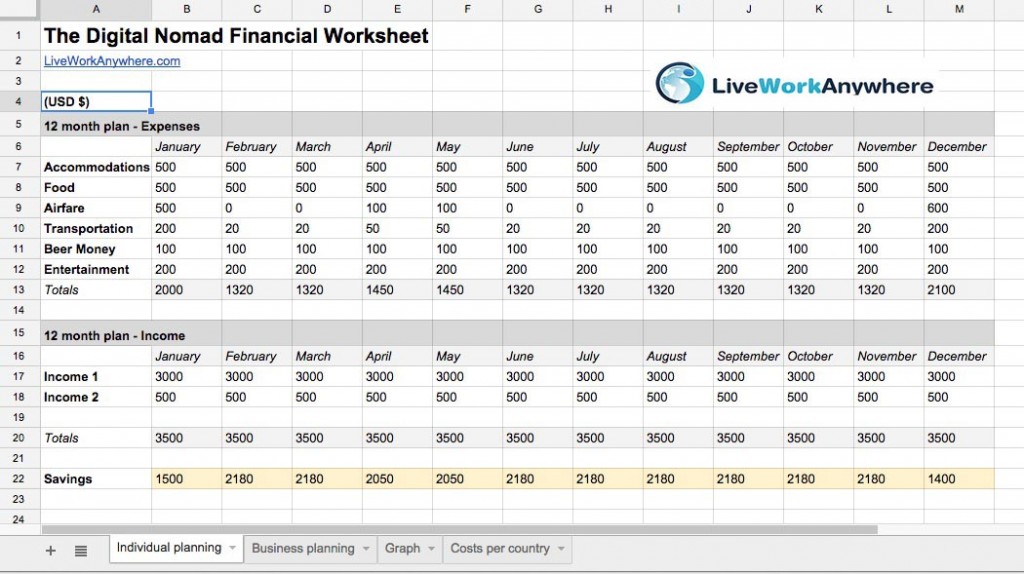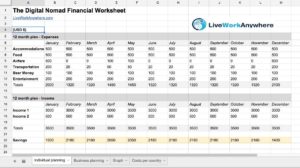I stayed in a hostel, in Montreal, Quebec, Canada. The cost was $22 Canadian per night, or USD $20 at the time. It was rated the number. 1 hostel in the world and it’s one of the best I’ve ever stayed in.
If I were to stay for 1 month that means $600 USD / month. The hostel has a kitchen with free coffee. That saves me $5 per day on coffee or tea, or $150 USD per month.
I did go out to try the local food at the non-tourist (therefore lower cost and better food) restaurants. But, eating like the locals, I paid $7 for a sandwich versus $40 for an overpriced meal.
Groceries can be as cheap or expensive as you want. I like to buy in small quantities, only the basics and only what I need (see my list here). A little cheese and bread can go a long way. Cooking spaghetti at the hostel is not only cheap but who doesn’t like spaghetti?
I spent $16 one week on groceries for a loaf of bread, 2 cheeses, carrots, tomatoes, blackberries, and a little chocolate.
So, in total:
1) Rent: $600 Coffee/Tea: $0 Groceries: $16 / week or $80 / month (rounded up)
2) Restaurant/Pub: 3x/week or $50, $200/mo (rounded up)
Total = $880 / month living expenses
So, for approximately $1,000 / month or less I can live in another city and live well.
Here’s a spreadsheet where you can plot out your own monthly living expenses in various cities. This spreadsheet allows you to play around with personal expenses, business expenses, a graph of savings and individual or group pricing by country. Check it out.
I don’t buy souvenirs and I generally don’t take overpriced tours. I like to learn the language and the culture and live like a local. Unless there is a must-see (a must-see for my interests, that is) then I skip it.
The idea that traveling is expensive is when thinking like a tourist. Of course hotels, going out to eat, and tours all add up – and quickly. And you return home exhausted, with the same amount – if not more, stress, with a suitcase full of trinkets for your friends and relatives who probably will not have nearly the same response to them as you did while visiting. Spending time finding souvenirs is exhausting and takes so much of your trip.
Think of living and working from anywhere as a change in your habits and simply a change in location. Putting yourself in an environment where you live like you would at home will not only help you relax and de-stress, but will open your mind to new experiences, cultures, foods, languages. Take your time. You are not on vacation, you are living – with a change of scenery. Take time to enjoy it. And live simply.
Just by keeping your same routine at home, or similar, you can live the same in other countries, generally with less.
Use this simple chart to help you calculate your expenses.

